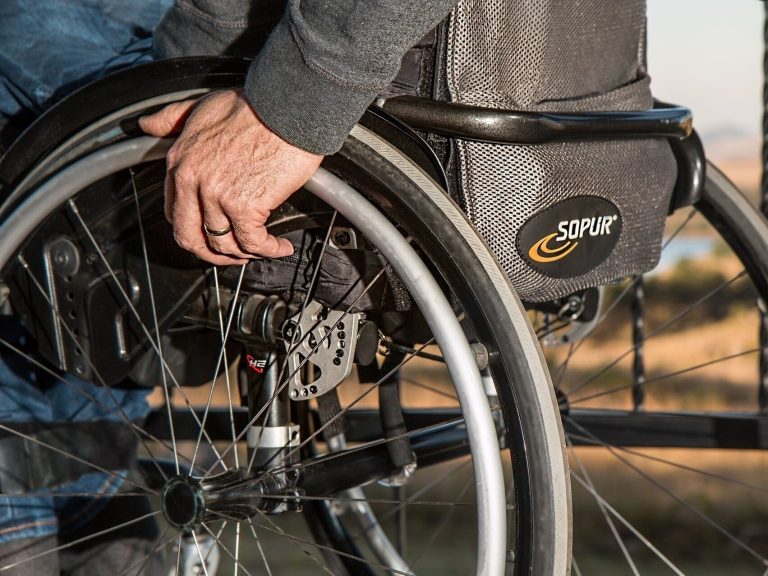Mariusz Kamiński’s hunger strike threatens his health. What is hypoglycemic shock?

Information circulated in the media that Mariusz Kamiński’s health condition was getting worse. The detained politician has been on hunger strike for some time, which is dangerous, especially since he suffers from diabetes. In such a case, hypoglycemic shock may even occur.
There has been a lot of talk about the hunger strike recently due to the health condition of the detained Mariusz Kamiński. The PiS politician sentenced by a final judgment decided to use just such a protest “hunger”, i.e. a form of passive resistance – the prisoners thus manifest their views, but also their opposition to the situation. However, a hunger strike may pose a threat to the health and even life of those who carry it out.
What is Mariusz Kamiński’s health condition?
Mariusz Kamiński, a PiS politician, decided to go on a hunger strike – even though he is a diabetic. According to his defense attorney, the politician’s health condition is getting worse. “Diabetes burdens every body, and inevitably, over time, my client’s health is increasingly affected by the debilitating effect of not taking food. We do not even rule out that hypoglycemic shock may occur,” Maciej Zuchmantowicz, Mariusz Kamiński’s defense attorney, informed “Onet”. “Despite all the risks associated with fasting when my client is sick, we still believe that the court’s blank decision to force my client to be fed was deeply unjust and premature,” he added.
The detainee’s son also commented on this topic: ‘My father is now conducting a grueling hunger protest. For now, his health condition is not the worst, but he has diabetes, so we are afraid that it may worsen at any time,” Kacper Kamiński said on “wPolsce.pl” television.
What can a hunger strike with diabetes lead to?
Fasting can lead to serious health consequences, especially for sick people, including people with diabetes. Acute complications of diabetes are the main threat to the health and life of patients. The most common of them is hypoglycemia, i.e. low blood sugar – a condition in which the blood sugar level drops below 70 mg/dl (the first symptoms usually appear when the sugar drops below 50 mg/dl). Its risk increases during intense reduction of blood glucose levels.
Low blood sugar may also pose a threat to the health and life of the sick person. Low glucose concentration disturbs brain function (this is called neuroglycopenia). This, in turn, affects the functioning of the entire body. If severe hypoglycemia occurs, it may include:
-
significant deterioration of contact with the patient,
-
confusion,
-
drowsiness,
-
weakness,
-
feeling of hunger,
-
profuse sweats,
-
stomach and headaches,
-
shaking hands,
-
behavioral disorders.
What is hypoglycemic shock?
As hypoglycemia worsens and the above symptoms are not adequately addressed, the following may occur:
-
convulsions,
-
visual disturbances,
-
speech disorders,
-
breathing problems
-
loss of consciousness.
This may also result in hypoglycemic coma (also known as hypoglycemic shock). This is the most serious complication of hypoglycemia. This may lead to permanent neurological consequences and even death. Therefore, it is a life-threatening condition that requires quick medical attention.






